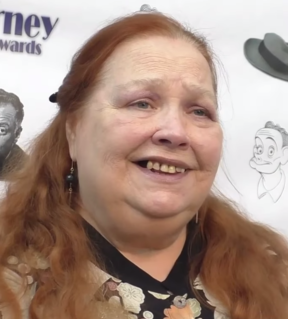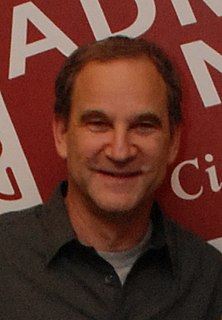A Quote by Judd Apatow
I think, there were probably problems with show business where producers and directors would try to get the writing credit also. So they created a rule where the bar, to get your name added to the writing credits, if you've done a revision, is very high if you're also the producer or director.
Related Quotes
In Hong Kong, in our generation that started out in the 1970s, being a director wasn't a big deal. We didn't even have director's chairs. We weren't particularly well paid. The social standing of a film director wasn't that high. It was a sort of a plebeian job, a second or third grade one. And the studio heads are always practical, there's never any fawning because someone is a director. There's very little snobbery about one's position as a director. The only ones people treated differently were those that were also stars; or the directors who also owned their companies.
I love to write, so I think writing would be the next natural step. And if I'm making something that I'm writing, it would also probably make sense to be a producer and have some creative input from that perspective as well. Eventually, I do want to direct, but I want to get comfortable in those two jobs first. I want to dip my foot into this pool before I dive in I guess.
When I used to teach writing, what I would tell my playwriting students is that while you're writing your plays, you're also writing the playwright. You're developing yourself as a persona, as a public persona. It's going to be partly exposed through the writing itself and partly created by all the paraphernalia that attaches itself to writing. But you aren't simply an invisible being or your own private being at work. You're kind of a public figure, as well.
Writing two stories [in the Thorn and the Blossom] about the same set of events that were complete stories in themselves, but also added up to a larger story. As I was writing them, I kept going back and forth, because something would happen in one story that would have to be reflected in the other story. And yet the same event would also have to be perceived in different ways by Brendan and Evelyn, because they are different people with their own interpretations.
While writing is a mystical process, it's also work. If you show up to work five days in a row, nobody's going to pat you on the back - everyone does that. Well, do that with your writing. Just show up. Be there for it. When you get an idea, write it down somewhere and then be a steward of that idea.
I think that's always been part of the thinking behind the script, that - and I really tried really hard to impress that upon the staff of the show, the animation staff - to try to get them to understand that we would only be able to get away with what we were writing if the visuals were appealing enough that it was like a balance, and even people who didn't like what they were hearing would still not want to turn away because what they were seeing was so nice. So that was kind of my hunch, and I think it worked.
There is a variety of different kind of producers. I'm a very hands-on, creative producer. I find material that I think would make a good movie or TV show, find the right financier/studio/network, hire a writer, get a good script, find a director, and collaborate with him/her to cast the movie and hire department heads.







































